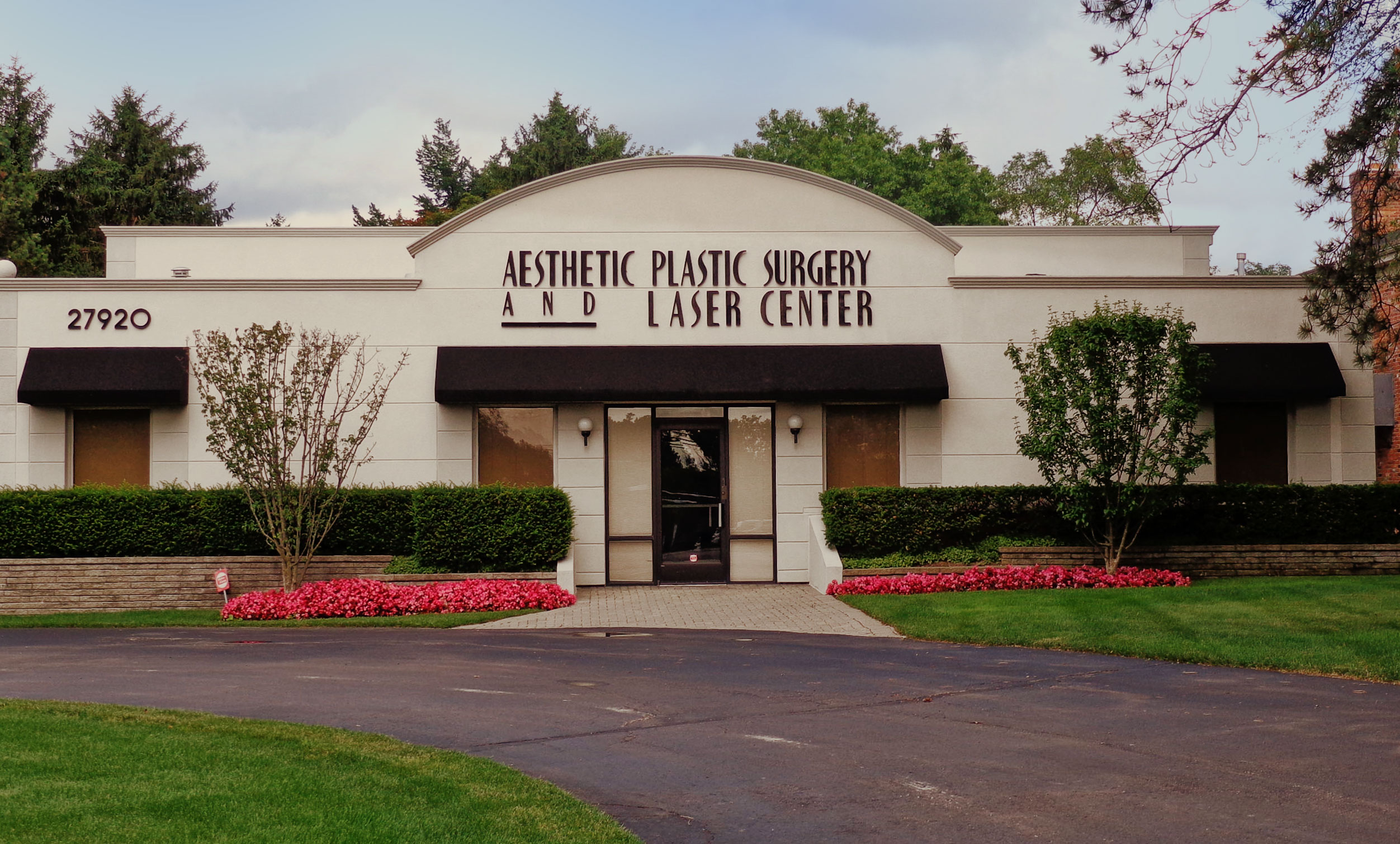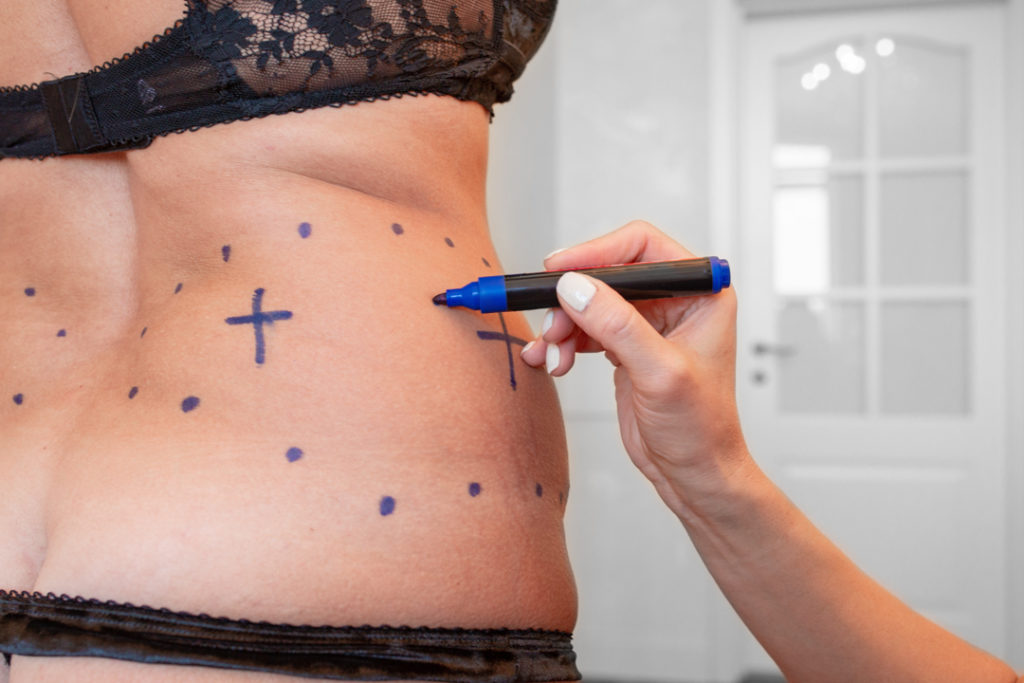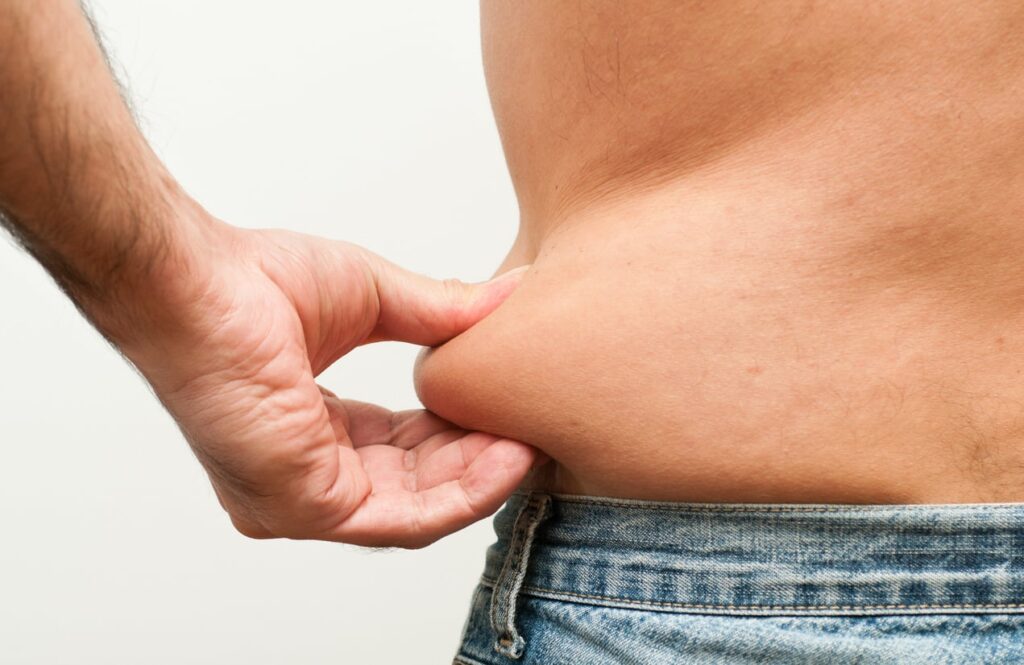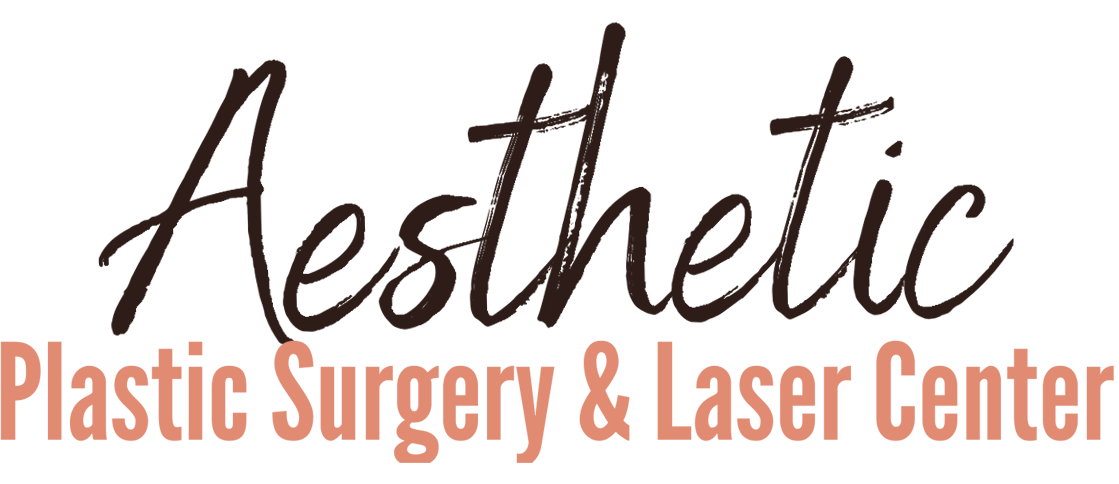
Liposuction In Michigan
Are you struggling with stubborn fat deposits that won’t respond to diet and exercise? Liposuction at Aesthetic Plastic Surgery & Laser Center offers a transformative solution for people seeking refined body contours. This popular cosmetic procedure removes excess fat from specific areas of the body, producing dramatic changes in a relatively short time. Under the expert guidance of Dr. Michelle Hardaway, our center delivers exceptional results using advanced techniques that prioritize safety and comfort to achieve your aesthetic goals.
Why Choose Aesthetic Plastic Surgery & Laser Center
Aesthetic Plastic Surgery & Laser Center stands apart as a premier destination for body contouring and liposuction procedures thanks to our state-of-the-art facility in Farmington Hills. Dr. Michelle Hardaway brings over 30 years of specialized experience as a board-certified plastic surgeon, combining surgical precision with an artistic eye for natural-looking results.
What truly distinguishes our practice is our patient-centered philosophy. We understand that liposuction is a type of personal transformation journey, and we provide comprehensive support from your initial consultation through your complete recovery. Dr. Hardaway personally evaluates each patient, creating customized treatment plans that address your unique anatomy and aesthetic goals. With countless successful procedures performed, our reputation for excellence makes us the trusted choice for liposuction in Michigan.

Liposuction Techniques
Aesthetic Plastic Surgery & Laser Center provides advanced liposuction techniques tailored to your specific needs and desired outcomes. Understanding the various approaches to this body contouring procedure helps you make informed decisions about your treatment plan. Liposuction has evolved significantly over the years, with several specialized methods now available to address different concerns.
Tumescent liposuction remains the gold standard and most commonly performed technique at our Michigan facility. During this procedure, Dr. Hardaway infuses the treatment area with a specialized solution containing lidocaine and epinephrine before fat removal begins. This solution minimizes discomfort, reduces bleeding, and facilitates more precise fat extraction from specific areas of the body.
For patients with denser fat deposits, we offer ultrasound-assisted liposuction (UAL). This innovative approach uses ultrasonic vibrations to liquefy fat cells before they’re suctioned out, allowing for more effective removal from challenging areas while minimizing trauma to surrounding tissues.
Laser-assisted liposuction (SmartLipo) represents another cutting-edge option, using laser energy to melt fat cells prior to extraction. This technique provides the added benefit of skin tightening, making it particularly beneficial for areas with mild to moderate skin laxity. The thermal effect stimulates collagen production, enhancing overall results.
Power-assisted liposuction (PAL) employs a specialized cannula with a vibrating tip to break up and remove fat more efficiently. This technique reduces surgeon fatigue and allows for more precise contouring, especially in fibrous areas that may resist traditional approaches.
During your consultation, Dr. Hardaway will recommend the optimal technique based on your body type, treatment areas, and aesthetic goals. Our commitment to personalized care ensures you receive the most appropriate approach for your unique situation, maximizing results while minimizing recovery time.

Treatment Areas
Aesthetic Plastic Surgery & Laser Center provides comprehensive liposuction solutions targeting multiple areas of the body where stubborn fat commonly accumulates. Our specialized techniques allow for precise fat removal from specific areas of the body, creating harmonious contours that enhance your natural physique. Understanding which areas respond best to liposuction can help you determine if this procedure aligns with your goals.
The abdomen remains one of the most popular treatment areas, where liposuction effectively eliminates the persistent “pooch” that often resists diet and exercise. Many patients combine abdominal liposuction with a tummy tuck for more dramatic results, especially after pregnancy or significant weight loss.
Thighs and hips respond exceptionally well to liposuction, with many patients experiencing transformative results in these troublesome zones. Dr. Hardaway’s precise technique reshapes the lower body by removing excess fat from certain areas of the thighs—whether inner, outer, or anterior—creating more proportionate contours and eliminating saddlebags that can make clothing fit poorly.
Another part of the body that benefits tremendously from liposuction are the back and flanks (love handles) by eliminating bulges that create an unflattering silhouette. This procedure smooths the transition between the back and waist, enhancing the overall shape by removing excess fat that often accumulates in these regions.
For patients concerned about a double chin, facial liposuction offers remarkable changes. It’s a relatively simple procedure that can dramatically rejuvenate your profile and facial appearance with minimal downtime.
Arms, knees, and even the male chest are additional areas where liposuction produces excellent results to create a terrific figure. But, as you might realize, the procedure can be tailored to address virtually any area where localized fat deposits persist despite healthy lifestyle habits.

Complementary Procedures
The journey to achieve your desired body sometimes requires different treatments and procedures. At Aesthetic Plastic Surgery & Laser Center, we offer comprehensive body contouring plans, in which liposuction serves as a foundational component. Some of the complementary options include:
Tummy tuck (abdominoplasty) paired with liposuction creates a powerful transformation for the midsection. While liposuction is a type of fat removal procedure, a tummy tuck addresses loose skin and separated abdominal muscles that often result from pregnancy or significant weight fluctuations. Combining these procedures allows Dr. Hardaway to sculpt a firmer, flatter abdomen with improved definition.
The increasingly popular Mommy Makeover incorporates liposuction with breast enhancement and abdominal procedures. This customized surgical plan helps restore pre-pregnancy contours by addressing multiple areas in a single surgical session. Liposuction plays a crucial role in refining the silhouette as part of this comprehensive approach.
For patients who have experienced massive weight loss, body lift procedures complement liposuction by removing excess skin while the liposuction component refines the underlying contours. This combination addresses both skin laxity and persistent fat deposits for more complete rejuvenation.
Brazilian Butt Lift (BBL) represents an innovative application of liposuction, where fat removed from specific areas of the body is purified and strategically injected to enhance buttock volume and shape. This dual-benefit procedure reduces unwanted fat while augmenting areas that benefit from additional volume.
Panniculectomy, which removes the hanging apron of skin and fat from the lower abdomen, can be enhanced with liposuction to create more harmonious contours. This combination is particularly beneficial for patients who have lost significant weight and struggle with both excess skin and stubborn fat deposits.
During your consultation, Dr. Hardaway will discuss which complementary procedures might enhance your liposuction results based on your unique anatomy and aesthetic goals. This personalized approach ensures comprehensive improvement that addresses all your concerns.
Benefits of Liposuction
Aesthetic Plastic Surgery & Laser Center provides exceptional liposuction results that transform both body and confidence. This procedure offers significant advantages beyond simple fat reduction, making it a valuable investment in your appearance and well-being.
Permanent fat cell removal is the primary benefit, as liposuction physically eliminates fat cells from specific areas of the body rather than just shrinking them. Once removed, these cells cannot return, ensuring lasting improvements when maintaining a stable weight. The procedure precisely targets stubborn deposits resistant to diet and exercise, addressing genetic predispositions to fat accumulation in certain regions.
Body proportions improve dramatically through strategic sculpting that enhances your natural physique. By removing excess fat from problem areas, Dr. Hardaway creates balanced relationships between different body zones for a more harmonious appearance. This targeted approach results in smoother contours and better-fitting clothing, expanding your wardrobe options and increasing satisfaction with your appearance in everything from swimwear to professional attire.
Perhaps most importantly, patients experience significant psychological benefits, including boosted self-confidence and improved body image. When your appearance better reflects your healthy lifestyle efforts, social comfort and personal confidence typically increase. Many patients also find themselves more motivated to maintain their results through proper nutrition and exercise, creating a positive cycle of improved health and appearance.
Unlike non-surgical alternatives requiring multiple sessions with subtle improvements, liposuction delivers relatively quick visible results that continue to refine as healing progresses, making it an efficient solution for those seeking meaningful body contouring.
Contact Us Today
Ready to transform your body with liposuction in Michigan? Contact Aesthetic Plastic Surgery & Laser Center today at (248) 221-1957 to schedule your personal consultation with Dr. Michelle Hardaway. During this informative session, you’ll learn more about how liposuction can address your specific concerns and enhance your natural contours.
Frequently Asked Questions
Schedule Your Consultation
Why wait?
Schedule your first visit to Aesthetic Plastic Surgery & Laser Center by using online form
… or by calling (248) 780-0558
"*" indicates required fields

